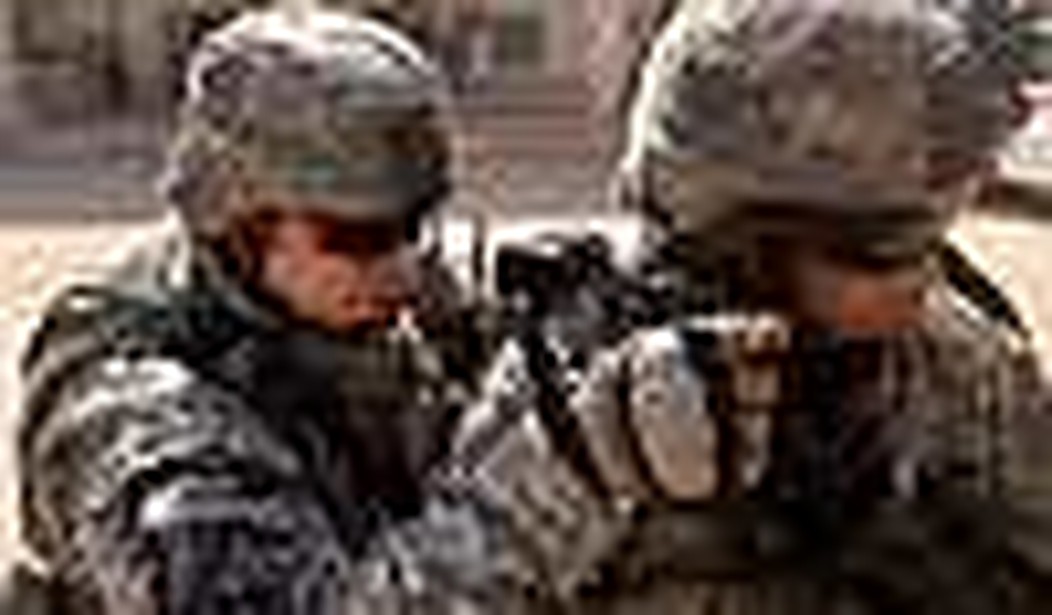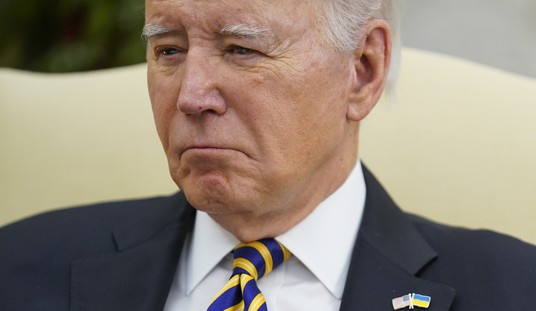Whatever your views of the War in Iraq, if they are based on information more than six months old they are probably outdated. Much has changed just since March when Iraqi Army forces successfully attacked Shia extremists in Basra and the Sadr City section of Baghdad. I arrived in Baghdad while those operations were underway and having just returned home, would like to compare some old truths with the new reality in Iraq.
Old Truth: Iraq is in the midst of a civil war
Ethno-sectarian violence (ESV) — defined as the deliberate targeting of victims from one ethnic or sectarian group by a different group — was at its height in late 2006 when there were as many as 2,000 sectarian killings every month. In Baghdad alone there were fifty such murders a day. Since then, ESV killings have plummeted. The surge alone was responsible for significant success in reducing these murders. From an average of about a thousand a month during the spring and summer of 2007 when the surge began, ESV killings fell to about 200 a month during late 2007 and early 2008. Since May the number of deaths has fallen again, averaging fewer than 50 a month for the last four months. The new reality is, that if Iraq was ever in a civil war between its different ethnic and sectarian factions, it isn’t now.
Old Truth: The Iraqi government is unable to secure its own country
At the beginning of 2008 the only provinces where Iraqis were responsible for their own security were the Kurdish ones in the north — all three of which have enjoyed a special level of autonomy essentially since 1992 — and a few unanimously Shia states in the south of Iraq. No Sunni-majority province and none of the mixed provinces had yet been the recipient of a transfer of authority from the Coalition to the Iraqis themselves. By March of 2008 even those early gains appeared in doubt as long simmering tensions in Basra erupted when Iraqi forces attempted to impose control there. Since then, and most notably, the former al-Qaeda stronghold of Anbar has been returned to provincial control. Meanwhile, two mixed provinces, Babil and Wasit, are projected to transition to Iraqi control next month.
More significant is the fact that Iraqis have been successful maintaining security in the provinces they already control. The Basra operation in March, which for the first couple weeks looked like it could result in an Iraqi defeat, in fact turned out splendidly. Thirty-thousand Iraqis backed by only 800 American Marines fought to oust Jaish al Mahdi, essentially a Shia mafia, which had such a grip on Basrah that even British diplomats had been afraid to step foot in the city for which they had oversight. Today Basrawis “talk about being able to enjoy family picnics … and late-night dinners at restaurants. Women are able to wear brightly colored head scarves and show their faces instead of being fully covered in black robes.”
The Iraqi government has followed up that crackdown on internal extremist groups with other successful operations in Sadr City, Maysan, and even Diyala where they don’t yet have provincial control. Still more impressive is the fact that even as Iraqi Security Forces are larger, more active, and responsible for a greater proportion of the country, their casualties are down. The summer of 2008 saw the fewest ISF deaths of any three-month period since the beginning of the war. The new reality is that Iraqis are increasingly turning to their own government to provide safety and security and no longer look first to the Americans to protect them.
Old Truth: The Iraqi government is dysfunctional and ineffective
The Iraqi parliament had long been under fire for its failure to pass a law authorizing new provincial elections. That law passed last week and elections will now take place by the end of next January. Parliament has also passed a $70 billion budget on time this year. Just this week our own nation was unable to pass its budget before the fiscal year began anew on October 1st, preferring to kick the can down the road for five more months to a new Administration and Congress. While there is still much work remaining to be done in Baghdad — especially new oil legislation — the sad fact is that Iraq’s legislature is no more dysfunctional than our own Congress, which has also failed to act on needed oil legislation. The new reality is that Iraqis of all factions have increasingly turned to ballots, not bullets, to exercise their power.
Old Truth: Neighboring Arabs view the Iraqi government as an American puppet
A National Public Radio report in April highlighted a former U.S. diplomat who said that Arab nations in particular were unwilling to reestablish embassies in Baghdad, not just because of the security situation there, but because they had “considerable doubts about the Maliki government. … They view it as being under very heavy Iranian influence, as being a rather narrow coalition of Shia Iraqi religious parties and the two principal Kurdish parties.” Since this spring, Bahrain, Jordan, Saudi Arabia, and the UAE have all either named or have announced that they will soon name ambassadors to Baghdad. More impressively, Syria and Kuwait, which have not had diplomatic relations with Baghdad since 1984 and 1991 respectively, have also both named ambassadors to Iraq. The new reality is that Iraq’s neighbors increasingly view Iraq as an independent nation led by a legitimate government.
Five and a half years into the war, we are now in the final phase. The next American president will find in Iraq that Americans are doing less and assisting more. Whichever candidate is victorious, he should not let campaign promises constrain him into either reducing American presence too slowly in the face of an improving host nation government and military, or retreating before the Iraqis can gain complete control for themselves. Withdraw either too slow or too fast, and we could still lose a victory that now appears far more likely than it did just six short months ago.








Join the conversation as a VIP Member